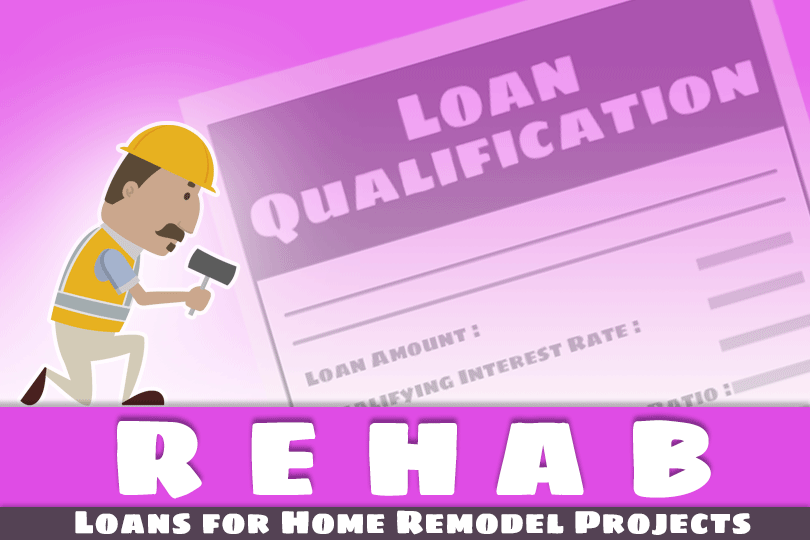Some Important Points About FHA Rehab Loans
September 13, 2023
There are two types of FHA rehab loans. Limited 203(k) is an option for minor home improvements, such as cosmetic changes, repairs, or upgrades, with a maximum repair cost of $35,000. Standard 203(k) is is for more substantial renovations, structural repairs, or the purchase of homes that need significant work. The repair costs can be significantly higher, and it's a more complex process.
These rehabilitation loans are available to both first-time homebuyers and existing homeowners looking to refinance and renovate their homes. Borrowers must meet the FHA's credit and income requirements, as well as other standard loan criteria. The property being financed must meet certain standards, including being a one- to four-unit dwelling that has been completed for at least one year.
Once a borrower identifies a property in need of repairs or renovations they then find a lender approved by the FHA to originate 203(k) loans. A HUD consultant may be required for the standard 203(k) loan to evaluate the scope of work and oversee the project.
The loan amount is based on the property's value after repairs, plus the cost of the renovations.
The borrower makes a down payment (typically 3.5% of the total loan amount) and the loan covers the purchase price and renovation costs.
FHA rehab loans can be used to make various types of repairs, from structural changes to energy efficiency upgrades. Common projects include kitchen and bathroom remodels, roof repairs, plumbing and electrical work, and making the home more energy-efficient. These loans allow buyers to purchase homes in need of repair or upgrade, potentially at a lower price than if they were in perfect condition. And because they're government-backed loans, they allow borrowers with lower credit scores or smaller down payments to qualify.
The drawback is that the FHA loan process can be more complex and time-consuming compared to traditional mortgages. Borrowers must adhere to strict FHA guidelines, including the use of approved contractors and a limited timeline for completing the renovations.
Borrowers considering an FHA rehab loan should work closely with FHA-approved lenders and, if necessary, HUD consultants to ensure they meet all requirements and navigate the process smoothly.
------------------------------
RELATED VIDEOS:
Home Equity Can Secure Your Second Mortgage
Consider the Advantages of Discount Points
FHA Limits are Calculated and Updated Annually

FHA Loan Articles
April 30, 2025 In a previous post, we discussed why FHA borrowers should carefully consider whether paying for discount points truly serves their best interests, focusing on factors like short-term homeownership, opportunity cost, FHA mortgage insurance, and the prevailing interest rate environment. Discount points are an option for borrowers willing to pay a fee to lower the interest rate by a set amount. This is not right for all borrowers, and you don't want to pay for points you won't benefit from during the loan term.
April 29, 2025Are you considering buying a home with an FHA loan? You'll likely talk to your participating lender about FHA loan "discount points" – fees you pay upfront for a lower interest rate on your mortgage. The idea behind discount points is a straightforward exchange: you spend money today to reduce your interest rate. Typically, one point equals one percent of your total FHA loan. In return, your interest rate might decrease by an amount you and the lender agree upon.
April 28, 2025Home loans have various expenses that aren't apparent to a new borrower until much later in the process. What do you need to consider when making your home loan budget? It might not be complete without addressing some of the issues we cover here.
April 23, 2025 While the prospect of lower interest rates or more favorable loan terms can be enticing, there are situations where waiting is the better option. Refinancing without carefully considering your current financial circumstances is never a good idea, but careful planning in the current financial environment is even more important.
April 22, 2025First-time home buyers worry about loan approval, but there are important steps to take to increase the likelihood that the lender will approve their application for the loan or pre-approval. What do you need to know before you choose a lender?







